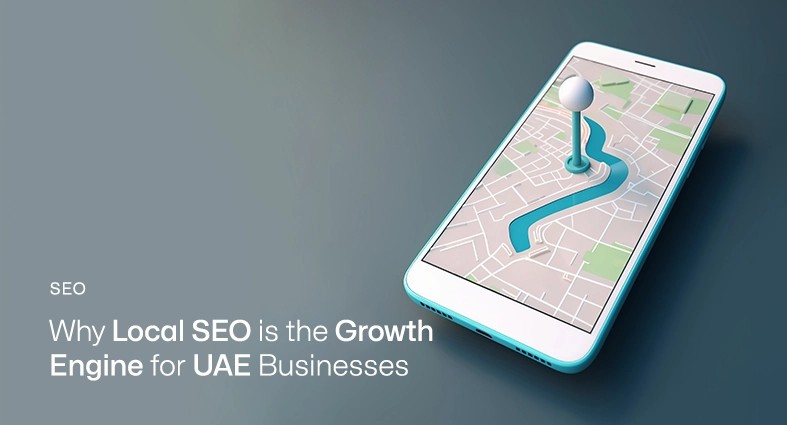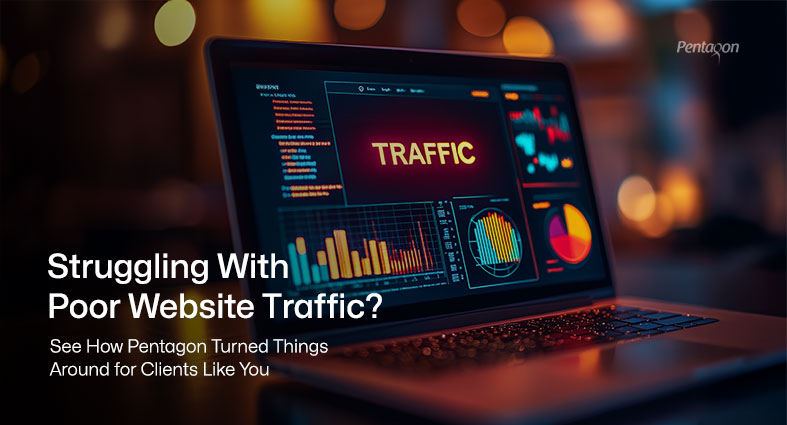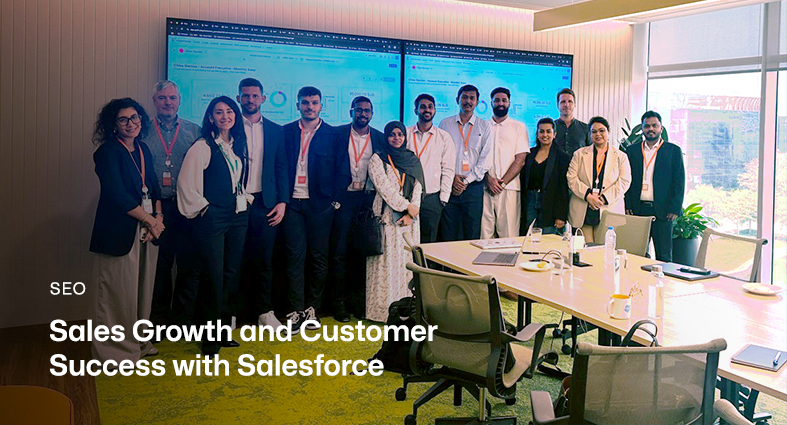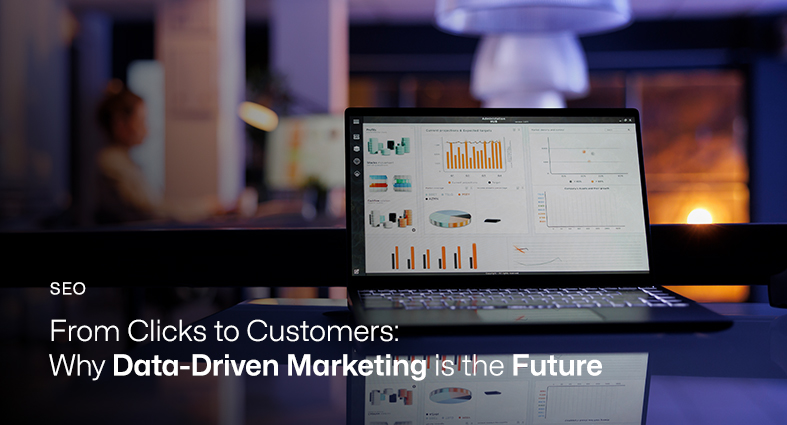Both budding and mature entrepreneurs are showing interest in repositioning their business or brands online and selling their products or services online. At the same time, there is this confusion as to how to get started or whether this is the right channel for them or not. This blog is about things to take care before starting an e-commerce business.
Product
Understanding your product and its market is the first step of e-commerce business. Check whether you as a customer, really like to buy these products online or from some retail stores next to you. Also, you need to understand customers are willing to pay the full price for your product online before seeing the product.
Pricing
You are selling single units to individuals. There are additional charges such as special packaging, freight insurance, shipping charges, etc. Also, you must calculate the taxes involved. After considering all these factors, you must fix your margins and price your products competitively.
Unique Selling Point
E-commerce sites are popping up every day and customers have numerous options to choose from. You must create a unique selling point specifically for your customers. Remember, customers have a short attention span on the internet and hence, it is important that your selling proposition is clearly visible in your advertisement and website. For Instance, FREE RETURNING POLICY.
Business Plan
A business plan is an essential tool to estimate the total investment required to run your business, total revenue expected over a period. You must draw your business plan to get a clear picture on when to start revenue generation and investment points.
While calculating costs:
- Cost price of products
- Packaging costs
- Shipping charges
- Other taxes
- Payment gateway charges
- Website development charges
- Web hosting charges
- Customer service
- Digital Marketing
- Other relevant expenses
Also, have a clear idea about the traffic you target. 1. Monthly traffic 2. Monthly sales (Conversion).
Suppliers & Chain Management
You must plan your entire supply chain process well enough to fulfill your orders promptly. Take care of the following:
- Warehousing
- Inventory Management
- Distribution network
- Turnaround time for various locations
Clearly define the areas you service after discussion with your logistics partner and update the details in the website so that you don’t give any false promises.
Out of Stock
You should use proper inventory management software so that you should have the track of out of stock products to avoid false promises.
Reverse Logistics
Many cases, when you need the product back from the customer is not available, you must do it at your expense.
Proof of Delivery
Once the customer receives a product, he should sign the concerned document which acts as a proof that the product is received.
Legalities involved
You must make sure all the legal documents are ready to sell any product in a specific market. Certain liquid/gas products require special permission to sell or ship.
Finally, you must make sure you have planned all your resources very well. Resources include products, business partner relations, your team, devices, transportation, etc. Right people to manage tasks is very important. If you don’t have the expertise in certain places like digital marketing, it is always better to find the right business partners with experience to take of it for you. Remember, outsourcing is experience bought.
If you have a plan in your mind, start your journey today. Jack Ma and Jeff Bezos were beginners like you when started up. A great window of opportunity is open for people with courage and dedication.
services
Top 10 SEO Firms List in Abu Dhabi
Advanced SEO Schema Markup Strategies for 2026
Feel free to send us a message.
Please, share your thoughts, and let's chat over a cup of tea.



















